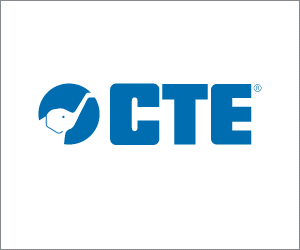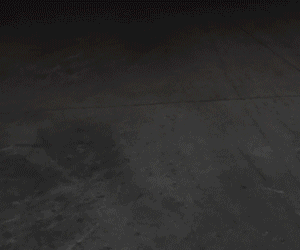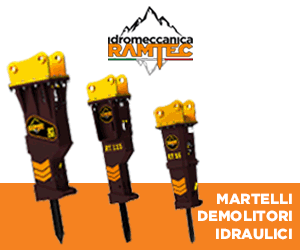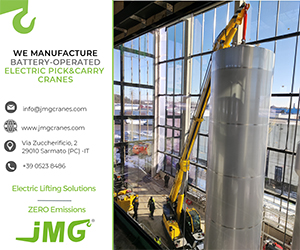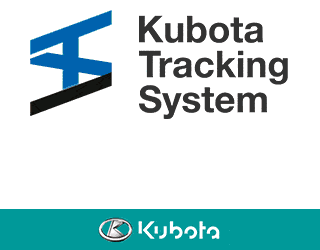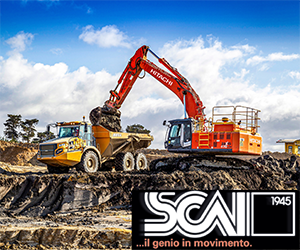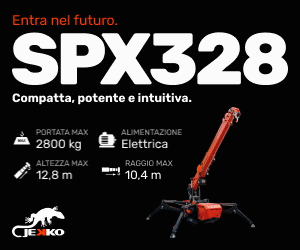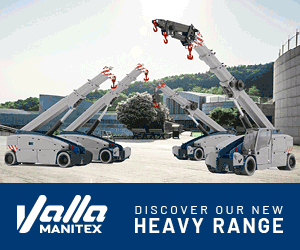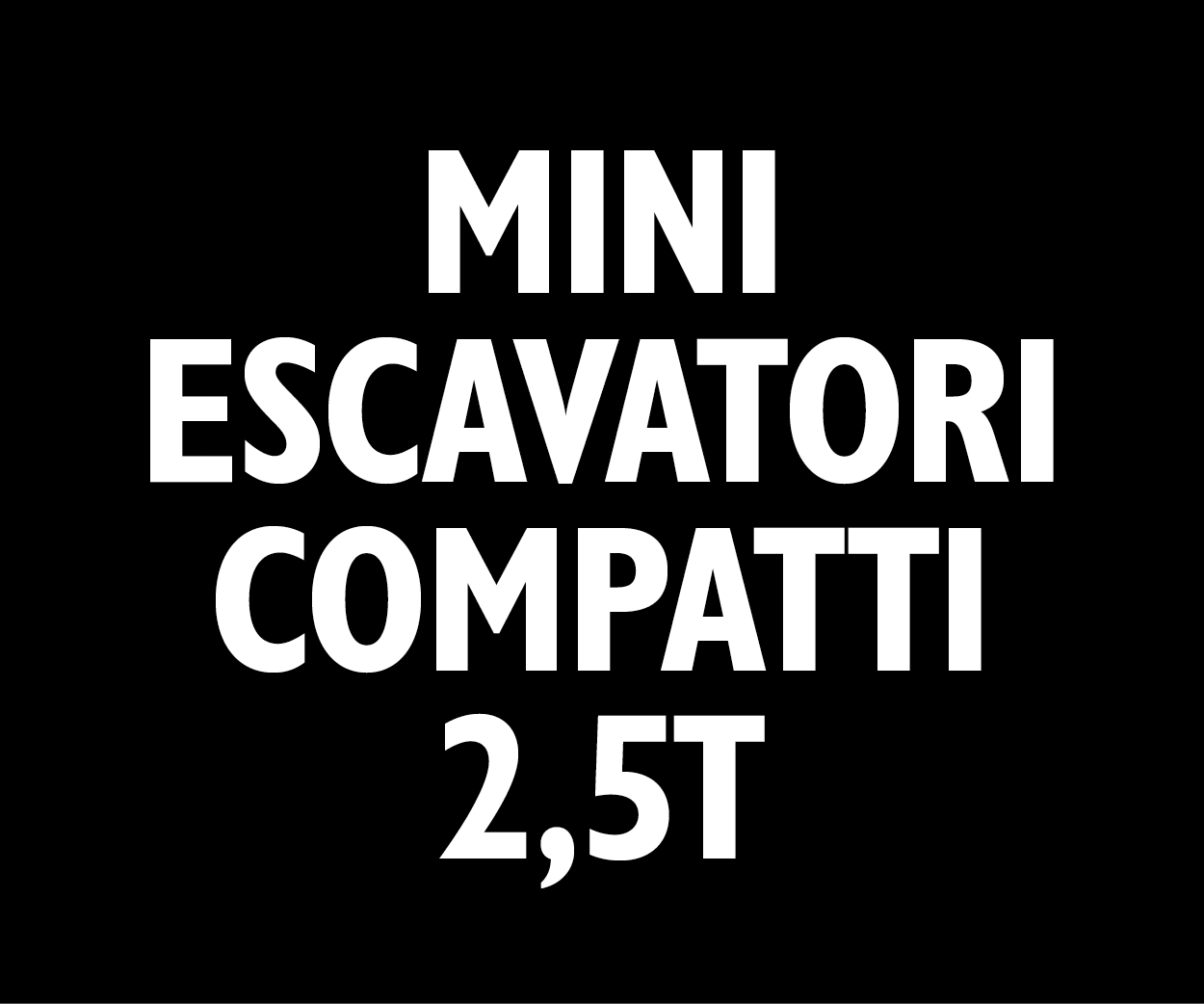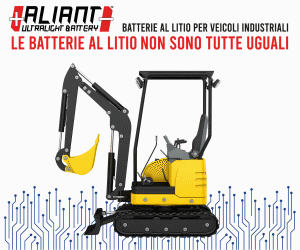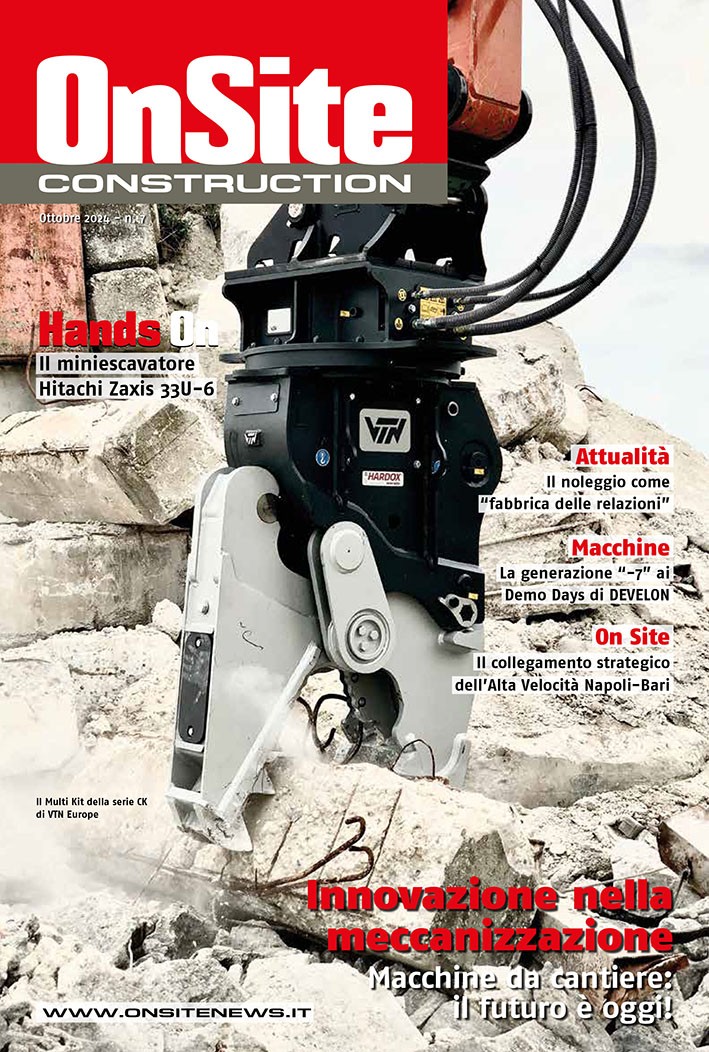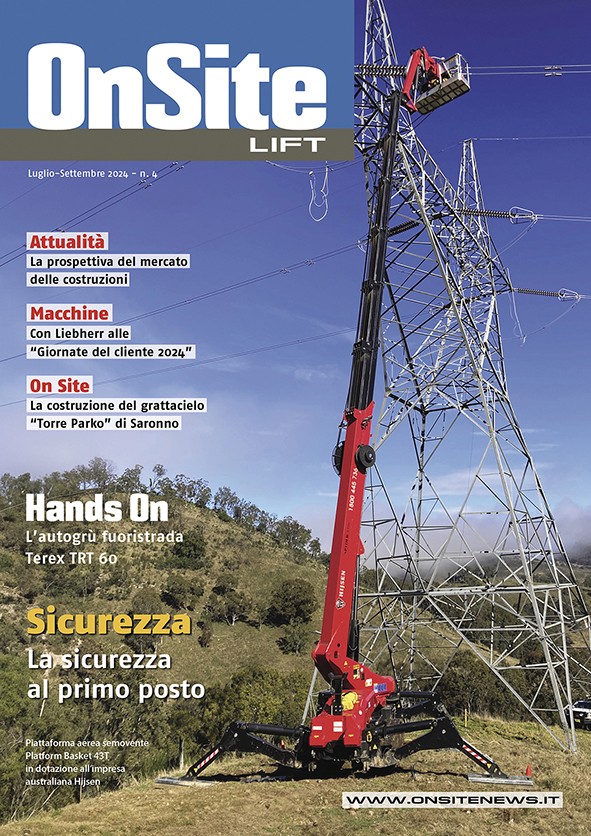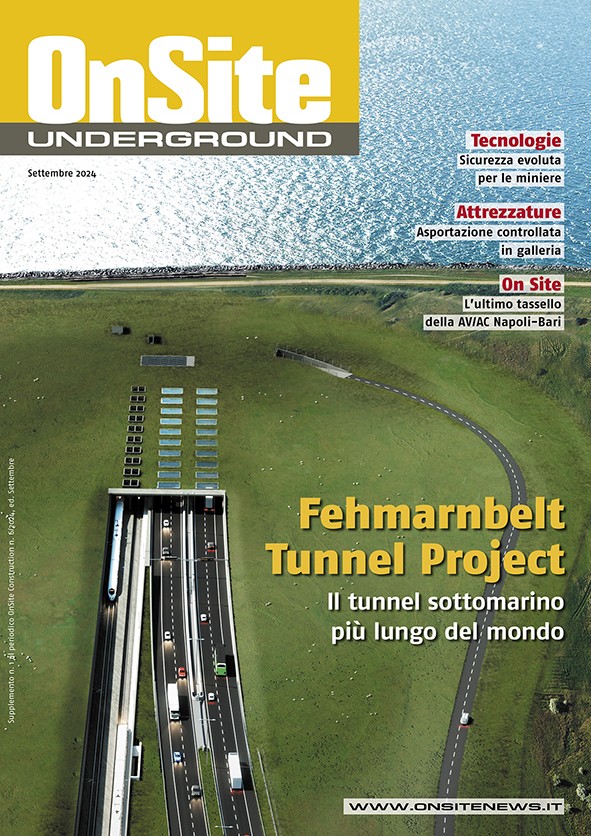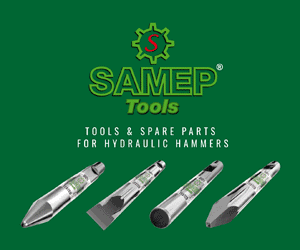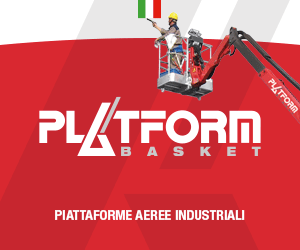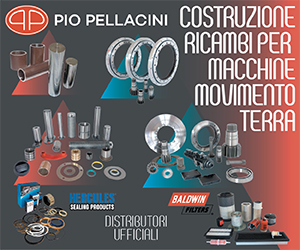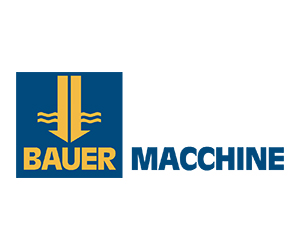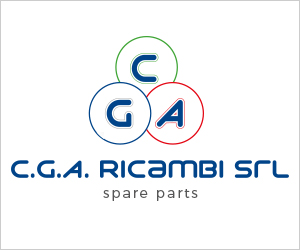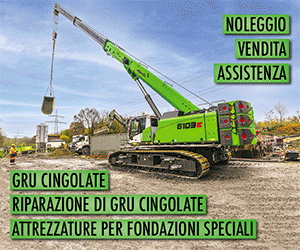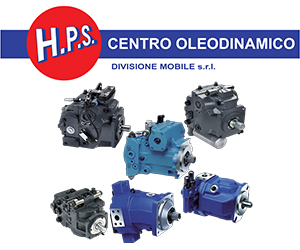Home \ International \ Liebherr drilling rig put to the test
Liebherr drilling rig put to the test
31/08/2023
Pubblicato da Ettore Zanatta
The Swiss company Kibag is installing new mooring piles for the Lake Lucerne Navigation Company. For the first time, Kibag is using a drilling rig from Liebherr’s LB series.
The Swiss company Kibag is installing new mooring piles for the Lake Lucerne Navigation Company. For the first time, Kibag is using a drilling rig from Liebherr’s LB series. The LB 30 is facing challenges which literally couldn’t be harder.
"The problem is that we can't drive the piles here," explains Markus Waldis, Foreman at Kibag. “The ground is too hard. We have to drill the piles and then fill them with concrete.”
In Seelisberg on the southern shore of Lake Lucerne, Markus Waldis’ team are drilling the piles from a pontoon using the LB 30 drilling rig from Liebherr. From the surface of the water around 12 metres deep and with a diameter of 1,300 millimetres. After 3 metres of water comes a stone segment and then at least 6 metres of drilling in the rocks. This rock is an endurance test for the construction personnel and especially for the new LB 30. “The stone is exceedingly hard! The whole machine vibrates,” Markus explains the extreme challenges. Also, the fact that insufficient pressure can be applied from the pontoon with the drilling rig makes it even more difficult. “Otherwise, we just lift the pontoon. We have to secure it very well so that it holds during drilling,” so Markus Waldis describing the different conditions when drilling on water instead of land.
Gianluca Diaco has been a machine operator for 14 years, works for Kibag and this is his first time on a water construction site. “Because the ground is very hard, we have to change the chisels on the auger starter quite often in order to be able to drill through the rocks.” Despite the difficult conditions he is pleased to be operating the Liebherr LB 30. “It’s very strong, compact and moves fast. You can really do everything.” After the hydraulic engineering specialists from Kibag have concreted the outer casings, the mooring pile is inserted. A rubber strap between the outer casing and the pile ensures that the pile is not too rigid and can move a little when the boats moor. To prevent the mooring pile from rotating, it must be secured under water by a diver. The construction site demands everything from the personnel and the drilling rig. Nevertheless, Markus Waldis is pleased with the successful premiere of the LB 30, “The machine works perfectly - tip-top. It has to withstand huge vibrations. It is a great endurance test for the machine. So far it is coping wonderfully.”
To bring the drilling rig to the construction site, the Kibag team travelled across the lake by pontoon for about 6 hours. The Acheregg Bridge in the southwest of Lake Lucerne was the first challenge, explains Markus Waldis, “We had to watch the height and were only able to erect the drilling rig after the bridge, meaning at sea. Our pontoon is relatively large, about 18 metres wide and 40 metres long, and there is a lot of weight on it. That made things very difficult.”

Ultime notizie di Liebherr EM-Tec Italia
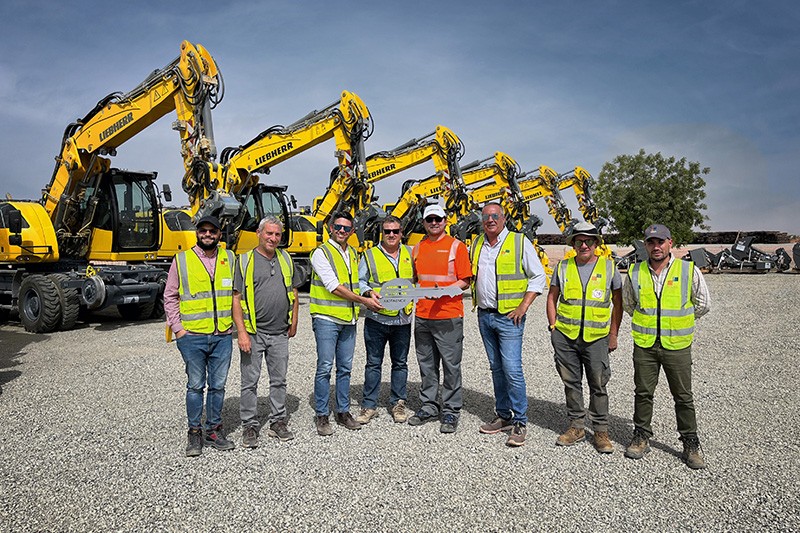
Earthmoving Machinery
26/11/2024
Mota-Engil orders 10 Liebherr railroad excavators for a major project in West Africa
The Portuguese construction company Mota-Engil has once agai...
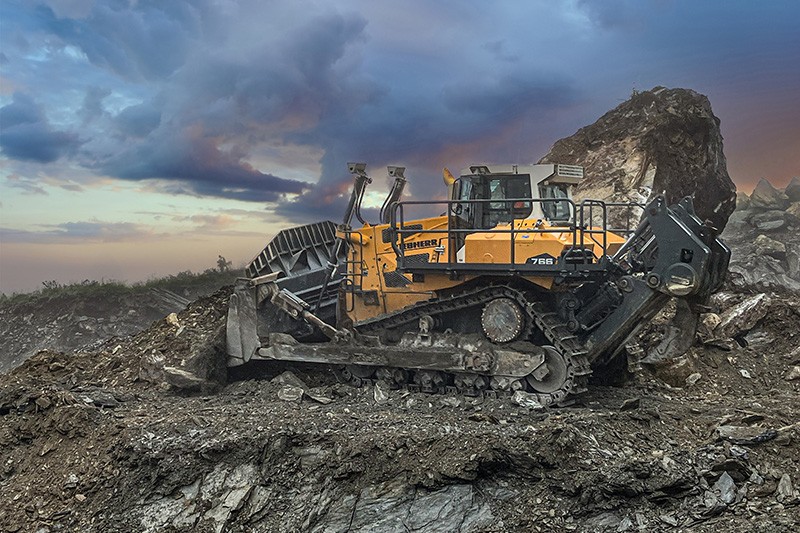
Earthmoving Machinery
22/10/2024
Hollaus company puts Liebherr to the test in reservoir construction
Equally impressive is the tremendous ripping and pushing per...
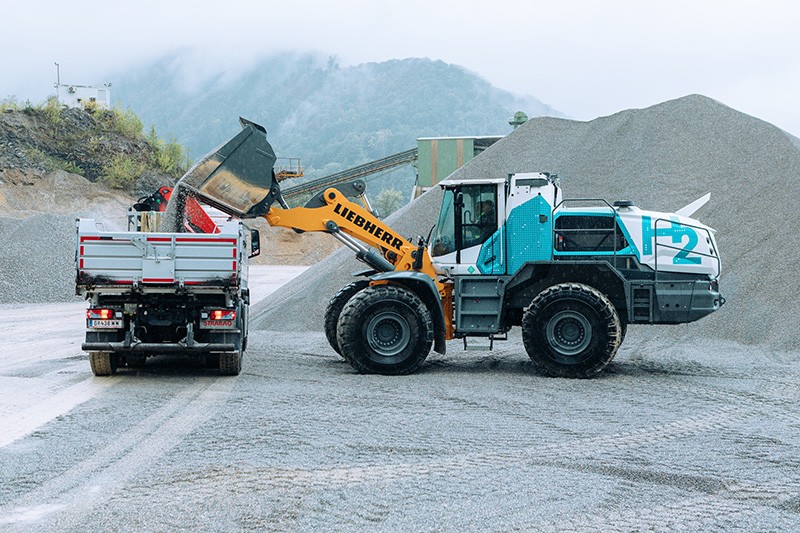
Earthmoving Machinery
18/10/2024
Liebherr and STRABAG test hydrogen wheel loader
Together with STRABAG, Liebherr is taking important steps to...
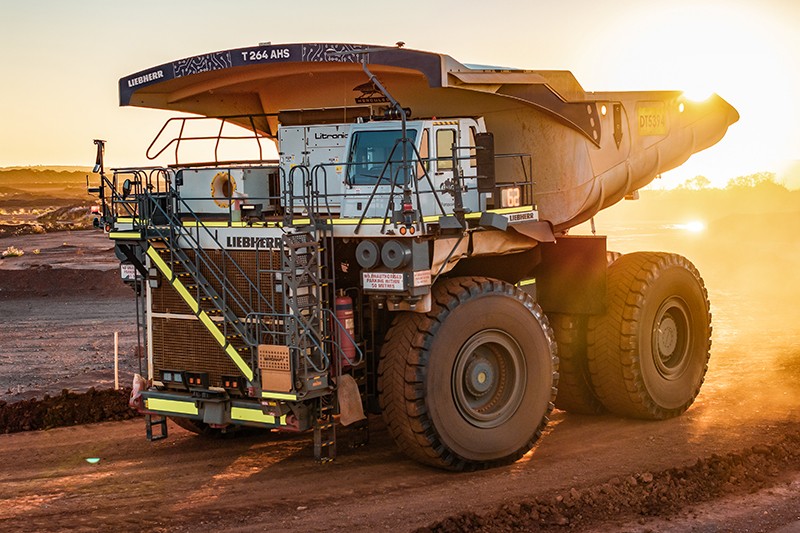
Earthmoving Machinery
07/10/2024
Liebherr’s expanded technology portfolio for integrated operations
Liebherr presented its updated and expanded technology portf...
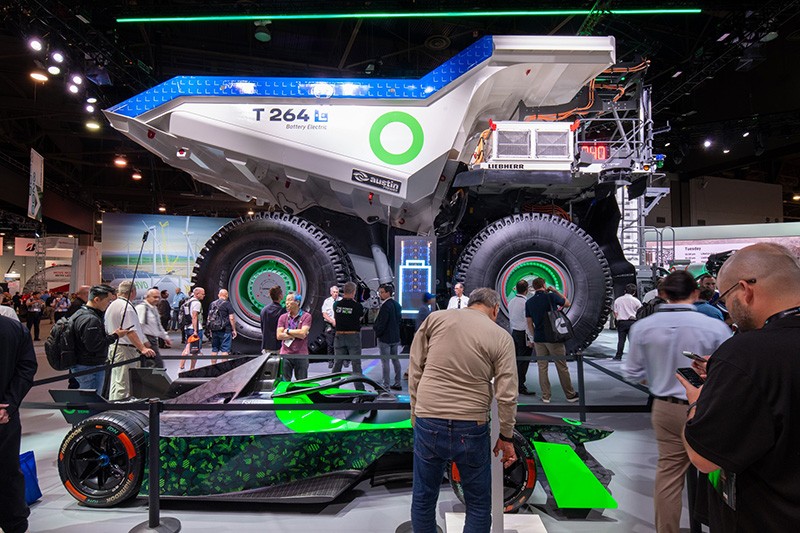
Earthmoving Machinery
27/09/2024
Liebherr presented its latest mining technology at MINExpo 2024
During the exhibition, Liebherr unveiled its autonomous batt...
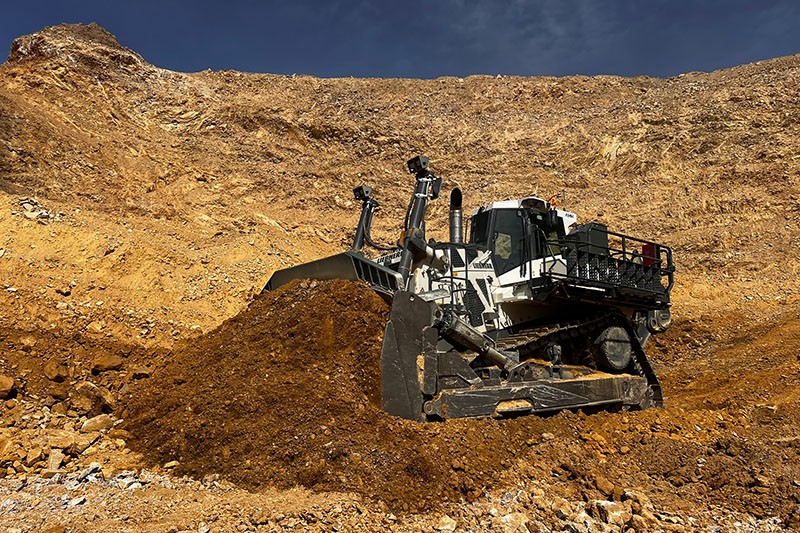
Earthmoving Machinery
11/09/2024
High efficiency and power output: Liebherr crawler dozer PR 776
Spanish construction company AMM invests in Liebherr Crawler...
Altri International
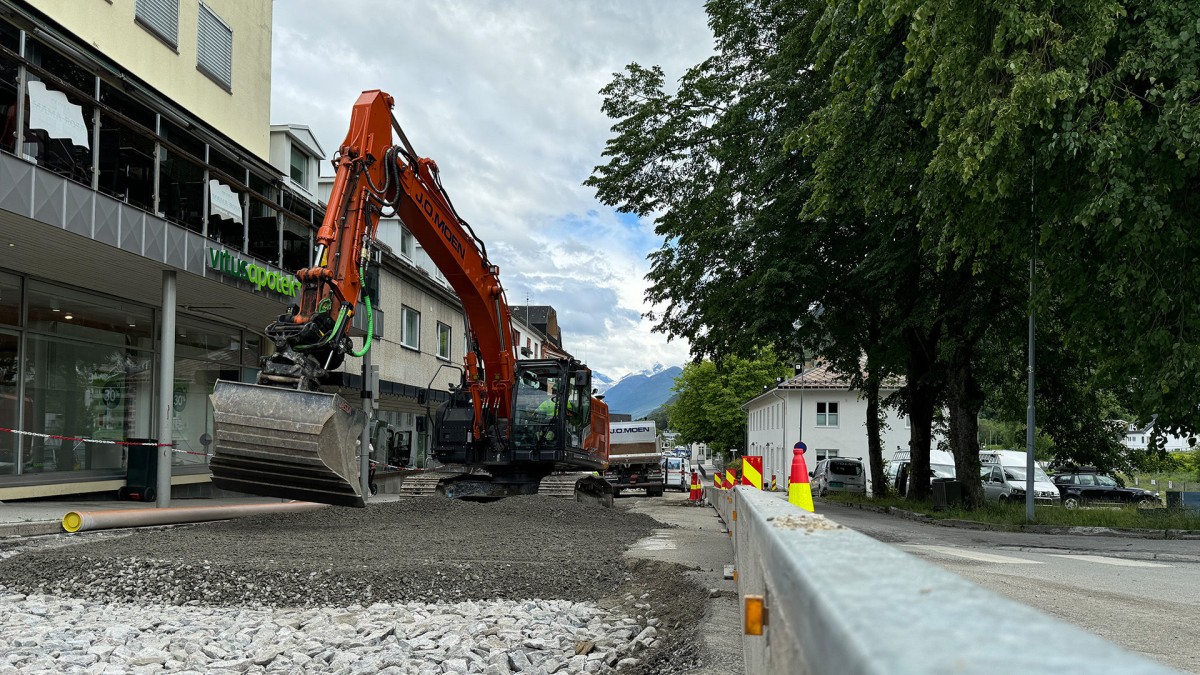
International
28/11/2024
Hitachi's Zaxis-7 excavator is a favourite for Norwegian family-business
Norwegian family business JO Moen AS has added a ZX225USRLC-...

International
27/11/2024
Home of Volvo Construction Equipment’s pioneering articulated haulers advances to Climate Efficient Site
As one of the construction industry’s most active drivers of...

International
26/11/2024
Mota-Engil orders 10 Liebherr railroad excavators for a major project in West Africa
The Portuguese construction company Mota-Engil has once agai...
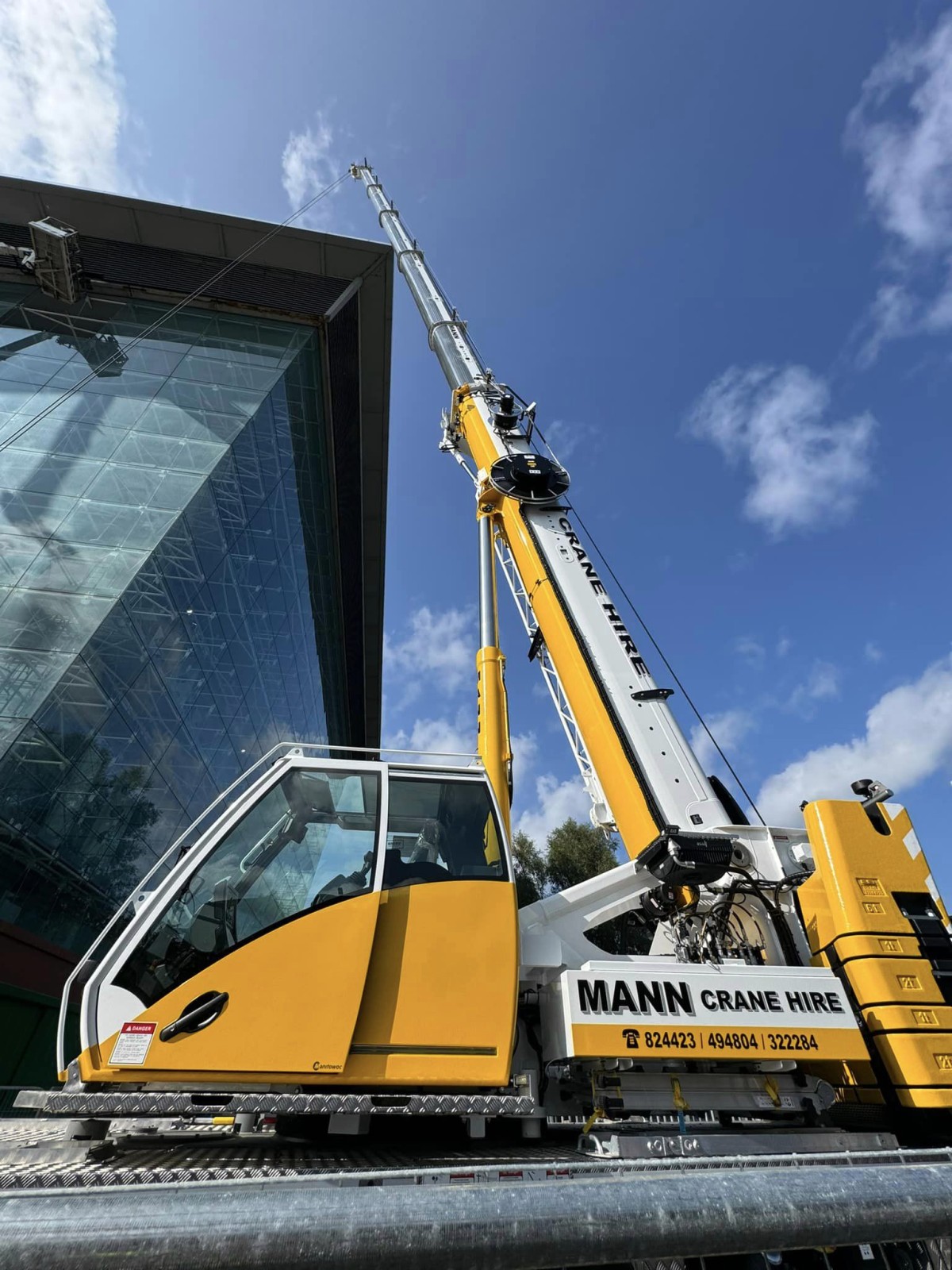
International
25/11/2024
New Grove GMK3060L-1 drives busy schedule for Mann Crane Hire
• Mann Crane Hire selected the GMK3060L-1 for its class-lead...
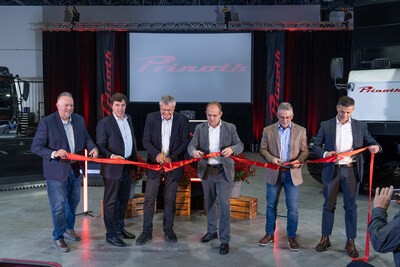
International
25/11/2024
Prinoth Unveils Expanded Production Facility in Granby, Canada
Prinoth held an event to announce the official opening of it...
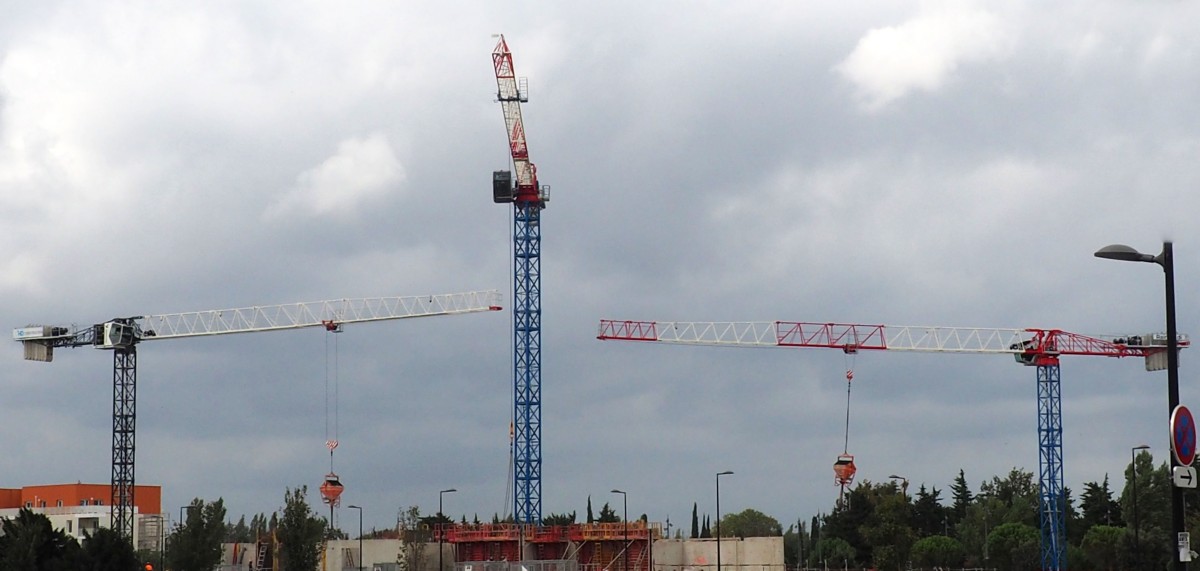
International
23/11/2024
GPMat International takes delivery of two Raimondi T147s residential development in the South of France
- Official agent of France expands its product lineup with t...













